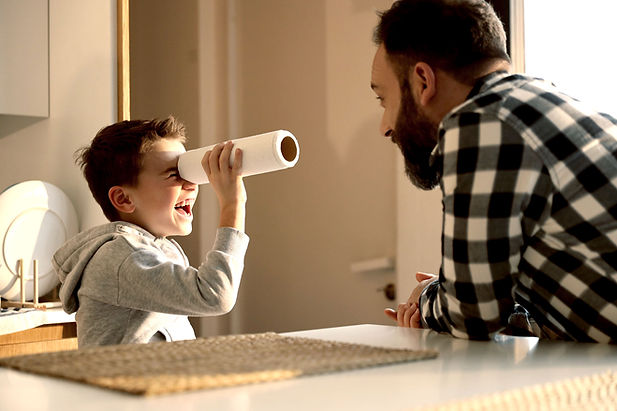
Microschools
All microschools are different, but most share a few general characteristics. Just as the name suggest, microschools are very small schools that typically serve 10 to 15 students, but could serve up to 150. It is, in a sense, the reinvention of the one room school house.
Most have blended age groups, so children of all ages learn together. Students can attend a few times per week or the traditional five-day schedule. Some microschools operate online, some are on location and some are more personal, coming to you.
With microschools, any number of learning alternatives can be created. Teachers can serve as facilitators in a student-led learning experience, or a more structured teacher-led environment.
Check out these resources for founders & funders:

Founded by Denise Lever — a former wildland firefighter-turned homeschooling mom and education entrepreneur — TrailblazED Microschool Leadership Forge is a mentor-driven initiative that supports founders of self-directed microschools across the country. Lever draws on her experience launching Baker Creek Academy in rural Arizona to equip education leaders with the tools, mindset, and community required to build bold, personalized learning environments.
Her approach centers on fostering learner agency, transparency in education spending, and an entrepreneurial mindset for microschools.
In short: TrailblazED is not just a training program, but a leadership ecosystem for education pioneers who want to reimagine K-12 learning and put students’ unique gifts at the center of the design.



Eager to found or fund your own school?
Started by Tory Gattis, Microschool Revolution is a veritable treasure trove of knowledge about microschools for both founders and funders.
Research is showing that teachers are becoming more and more burned out. Bureaucracy, administration-heavy resource allocation, mission-less culture, testing-driven approaches...
Isn't NOW the time to start your own school and end the burnout?
"Founded in Austin in 2010 by Laura and Jeff Sandefer, Acton Academy now has more than 250 affiliate schools in 31 states and 25 countries. Each Acton affiliate is founded by entrepreneurial parents like Gregory for whom the network’s philosophy of highly personalized, self-paced, learner-driven education resonates. Since its inception, Acton Academy has received over 15,000 applications from parents who desire to launch an affiliate school."


"...we must understand how microschools originated and how they operate. Therefore, this report’s first section situates microschools in a historical context, explaining how today’s small-school movement relates to previous K–12 happenings and how today’s efforts have been affected by the pandemic. The second section explains why it is important to understand microschooling as a closer relative to homeschooling and private schooling than charter or district schooling. The third and final section of this essay addresses the matter at the heart of this series: explaining how states interested in expanding microschooling should approach several important policy questions."




